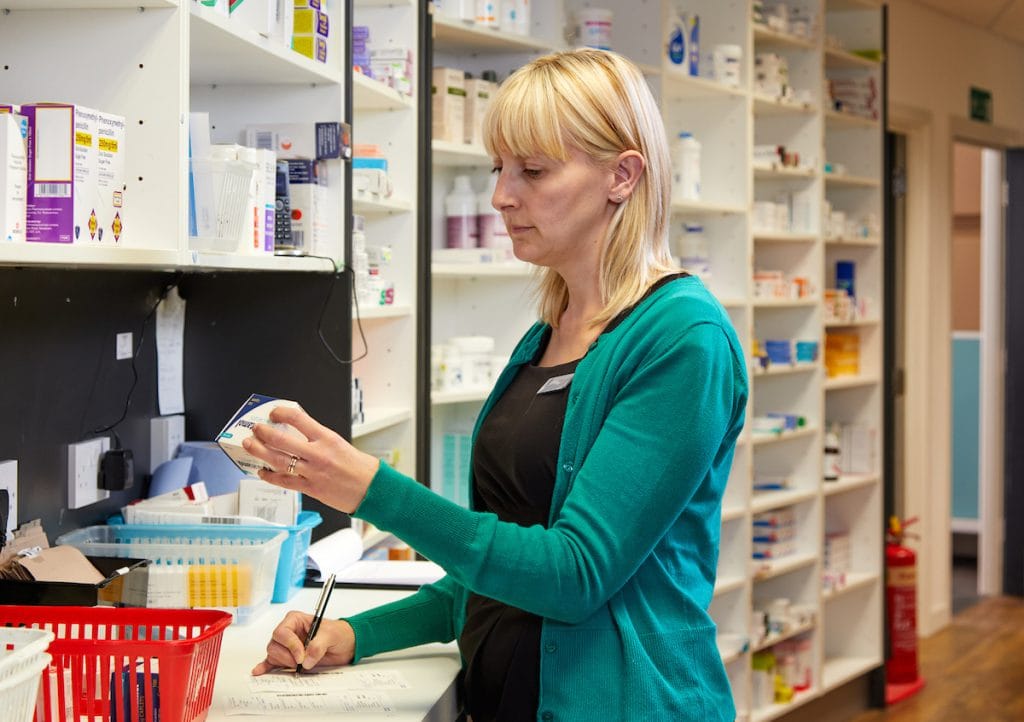Working in primary care offers a rewarding and varied career; with a broad mix of roles in lots of different settings, a strong sense of team spirit and the opportunity to build meaningful connections with the local community. Working at the forefront of patient care, primary care teams are able to work with patients on a one to one basis, often over a prolonged period of time, creating lasting bonds with patients and their family members or carers.
The Greater Manchester Primary Care Careers platform highlights the different careers available in primary care; from medicine, nursing, physiotherapy, dentistry, to healthcare assistants, practice managers, wider support roles and many more. It also provides information on the pathways into the sector – from apprenticeships, to college courses, degrees and further professional development.
What is Primary Care?
Primary care includes GP practices, pharmacy, dentistry and optometry working together to provide holistic care to patients and serving the health needs of local communities.
There are many different careers available in primary care; from medicine, nursing, physiotherapy, dentistry, to healthcare assistants, practice managers, wider support roles and many more.
Primary Care in Greater Manchester
Primary care in Greater Manchester involves GP practices, pharmacy, dentistry and optometry working together to provide holistic care to patients and serving the health needs of local communities.
Here in Greater Manchester they are vital to our health and care devolution, and are at the heart of changes to deliver better and more connected services in our local communities.
Organisations within Primary Care
Primary care includes general practice, community pharmacy, dental, and optometry (eye health) services. NHS England is responsible for the direct commissioning of primary care services. The most ambitious plans in a generation are transforming primary care services, offering patients with diverse needs a wider choice of personalised, digital-first health services than ever before.
Since 1 July 2019, all except a handful of GP practices in England have come together in around 1,300 geographical Primary care networks (PCNs) covering populations of approximately 30-50,000 patients.
The networks will have expanded neighbourhood teams which will comprise a range of staff such as GPs, clinical pharmacists, district nurses, community geriatricians, dementia workers and Allied Health Professionals such as physiotherapists and podiatrists/chiropodists, joined by social care and the voluntary sector’.
What are Primary Care Networks?
Primary Care Networks involve general practices working together and with community, mental health, social care, pharmacy, hospital and voluntary services in their local areas.
Primary care networks build on the core of current primary care services and enable greater provision of proactive, personalised, coordinated and more integrated health and social care. Clinicians describe this as a change from reactively providing appointments to proactively care for the people and communities they serve.








